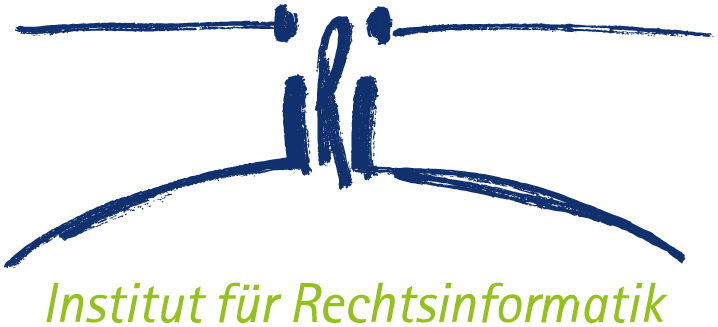Regulating Artificial Intelligence
- verfasst von
- Thomas Wischmeyer, Timo Rademacher
- Abstract
This book assesses the normative and practical challenges for artificial intelligence (AI) regulation, offers comprehensive information on the laws that currently shape or restrict the design or use of AI, and develops policy recommendations for those areas in which regulation is most urgently needed. By gathering contributions from scholars who are experts in their respective fields of legal research, it demonstrates that AI regulation is not a specialized sub-discipline, but affects the entire legal system and thus concerns all lawyers. Machine learning-based technology, which lies at the heart of what is commonly referred to as AI, is increasingly being employed to make policy and business decisions with broad social impacts, and therefore runs the risk of causing wide-scale damage. At the same time, AI technology is becoming more and more complex and difficult to understand, making it harder to determine whether or not it is being used in accordance with the law. In light of this situation, even tech enthusiasts are calling for stricter regulation of AI. Legislators, too, are stepping in and have begun to pass AI laws, including the prohibition of automated decision-making systems in Article 22 of the General Data Protection Regulation, the New York City AI transparency bill, and the 2017 amendments to the German Cartel Act and German Administrative Procedure Act. While the belief that something needs to be done is widely shared, there is far less clarity about what exactly can or should be done, or what effective regulation might look like. he book is divided into two major parts, the first of which focuses on features common to most AI systems, and explores how they relate to the legal framework for data-driven technologies, which already exists in the form of (national and supra-national) constitutional law, EU data protection and competition law, and anti-discrimination law. In the second part, the book examines in detail a number of relevant sectors in which AI is increasingly shaping decision-making processes, ranging from the notorious social media and the legal, financial and healthcare industries, to fields like law enforcement and tax law, in which we can observe how regulation by AI is becoming a reality.
- Organisationseinheit(en)
-
Lehrstuhl für Öffentliches Recht und das Recht der neuen Technologien
- Externe Organisation(en)
-
Universität Bielefeld
- Typ
- Monografie
- Anzahl der Seiten
- 388
- Publikationsdatum
- 10.12.2019
- Publikationsstatus
- Veröffentlicht
- Peer-reviewed
- Ja
- ASJC Scopus Sachgebiete
- Allgemeine Sozialwissenschaften, Allgemeine Computerwissenschaft
- Elektronische Version(en)
-
https://doi.org/10.1007/978-3-030-32361-5 (Zugang:
Geschlossen)
